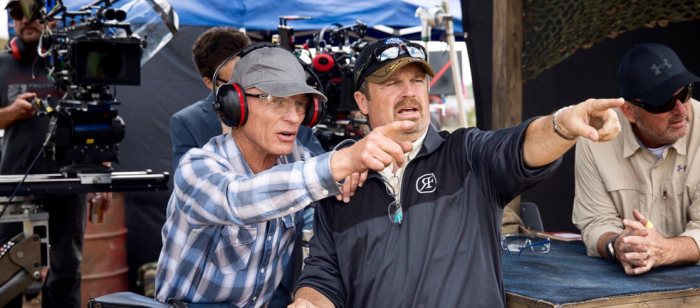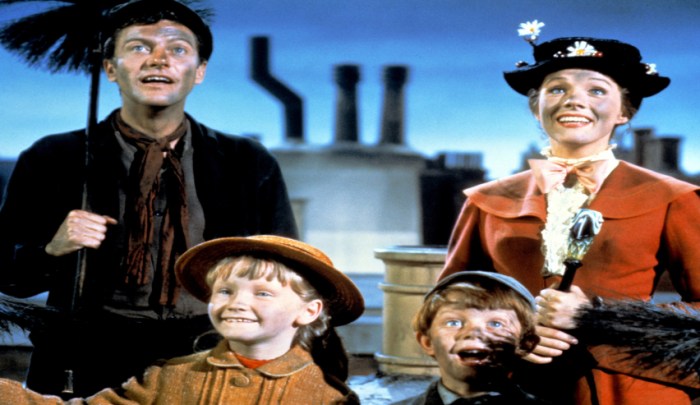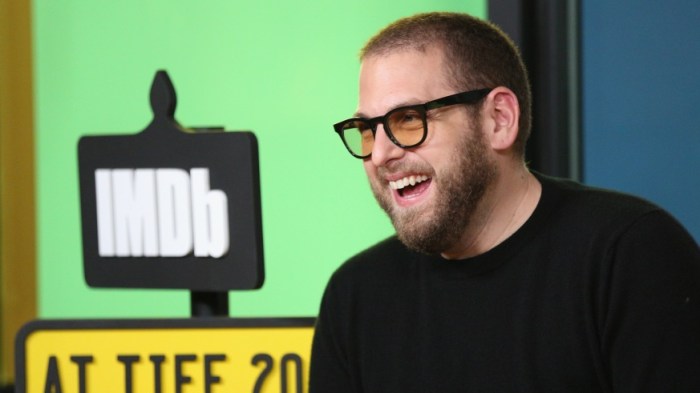In 2006 seven members of a so-called “bizarre cult” were arrested and charged with terrorism-related offenses after the FBI launched a sting operation into the group’s supposed criminal activity. What was later discovered about the now-deemed “Liberty City Seven” was that the group, in reality, had no plans of revolution, no weapons and no communication with any terrorist organizations whatsoever.
This story captivated director Chris Morris, and the U.K. native turned the harrowingly real story into a truthful satirical dark comedy that showcases just how easy it is to create terror out of stigmatized misconceptions. “The Day Shall Come” follows the story of a similar “radical” group and their journey to save their home. Although the film touches on very real subjects, the overall innate comedic undertones help shape the feature to be hilariously interesting but also severely eye-opening.
Metro sat down with Marchánt Davis, who plays the charismatic yet desperately naive leader of the FBI’s targeted “radical” group, and the breakout star gave the scoop on how it was working on the film and what he hopes audiences take away from it.
Marchánt Davis on the polarizing truth in the new satirical comedy ‘The Day Shall Come’
This is your first film role after acting on Broadway. How was making the transition from the stage to the screen?
It’s a lot, especially when you have so much to do. Up on stage, you have a performance that you have to repeat eight times a week, where with film you only get to do it once. I think the level of confidence you have in order to do certain things is vastly different — or it was for me, at least.
How else did you prepare for your role?
There was a book I read called “How White Folks Got So Rich: The Untold Story of American White Supremacy,” which was given to me by the director. It’s actually a really interesting book and I encourage everyone to read it. But I also watched documentaries. I just wanted to see a little bit inside this world because there is a lot there and there are a lot of things I simply didn’t know. It’s crazy how [in the world] today you’re really guilty until proven innocent.

How was it working with Chris Morris? I’ve heard he has an interesting directing style where things are always changing.
It was really great. Chris is one of those people who does an enormous amount of research before we even start. On set, there were times where we would be doing a reading and then we would go to lunch, and one day I remember specifically that Chris came up and handed me a script. I asked, “Is this for tomorrow?” But he says, “No, for later on today.” The scene he handed me was the scene we had just done already, but Chris re-wrote it during lunch. He is one of those directors who was constantly looking to make it better. He just wanted to elevate the story in any way he could. There would be times where we would be on set and he would just throw out whatever he was thinking. It was really exciting to work with someone so wildly imaginative and Chris is also extremely truthful and respectful of the people he puts up on screen.
This is a satirical comedy that focuses more on serious subjects. What do you think the comedic aspect brings to tackling these social issues?
Well, you’ve got to laugh in life. One of the things Chris says beautifully about his work is that it’s funny until it isn’t. It’s funny until the carpet is pulled out from underneath the character and the audience in terms of what we’re watching. I think that’s a great way to put it.

There are a few points in the movie that allude to your character, Moses, as having some sort of mental illness, but it’s never quite confirmed. What was your take on that?
I think what motivates him in this film is his love for his family. He’s trying to get money to get the loans he needs to save his family. So in terms of that idea of mental illness, I don’t think there’s any mental illness there, or I don’t believe he thinks there is, at least. I think he’s a visionary and sometimes his visions might not always be clear, but at the end of the day, he’s the ultimate optimist. I think he’s trying to win and succeed and at moments, he is a little flawed in his choices to succeed.
Overall what do you hope audiences take away from the film after watching it?
My hope is that people take away the fact that it might be harder to catch a terrorist than it is to create your own. I hope people examine their ideas and thoughts on terrorism and people of color in this country. It is a comedy, but there is a lot of truth — especially for me, because I live it every day.
“The Day Shall Come” is now in select theaters and opens in Philadelphia Oct. 4 at the Landmark Ritz Five





















